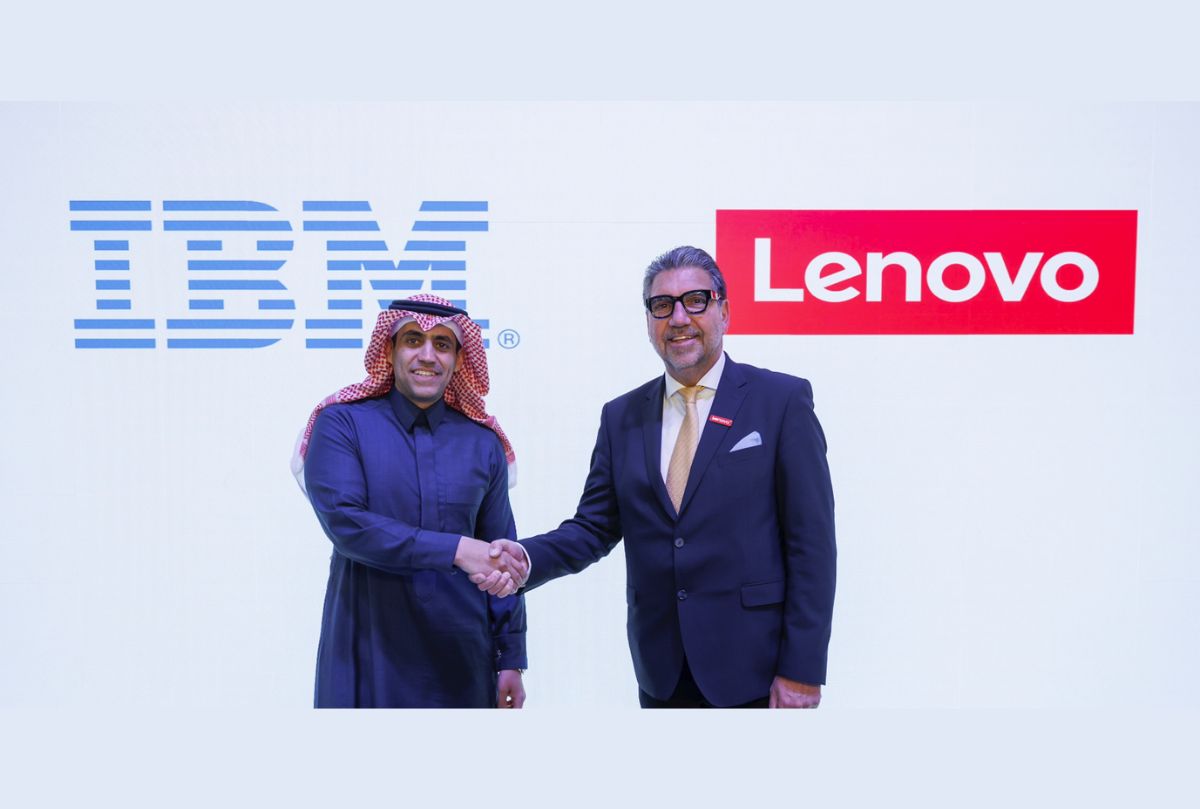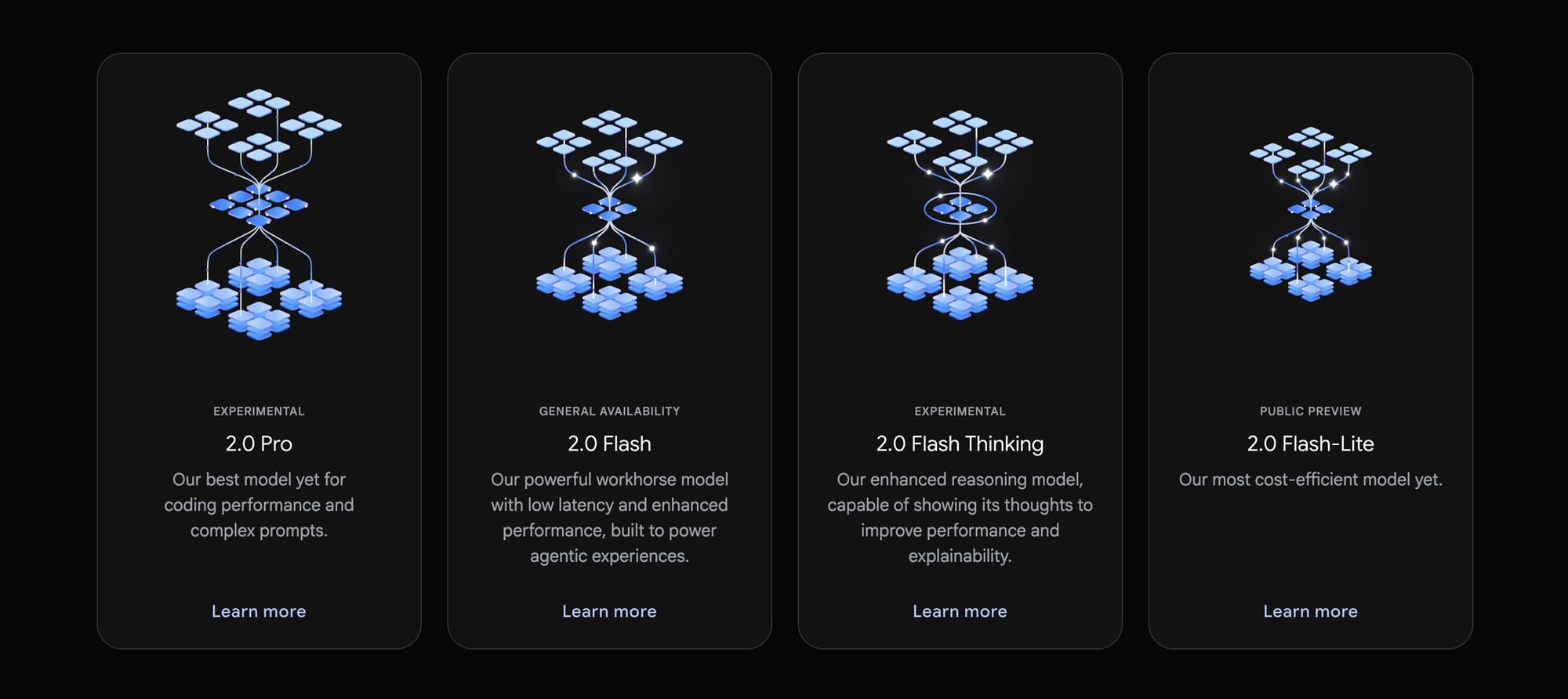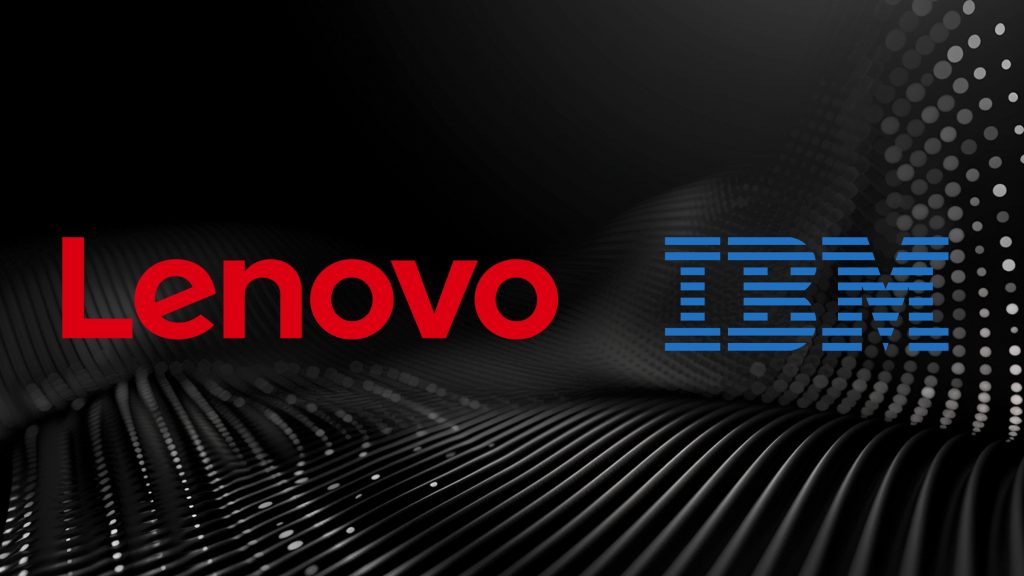IBM Granite, Google Gemini & Global AI Governance | NexaQuanta
This week’s newsletter dives into the transformative breakthroughs redefining the AI landscape. The advancements are extraordinary, from IBM’s Granite AI, which introduced groundbreaking reasoning capabilities to Google’s Gemini 2.0, which is ushering in a new era of agentic AI. 
IBM’s Granite AI
Artificial Intelligence has taken a giant leap with IBM’s latest innovation.  In its preview release, the Granite family of large language models now offers advanced reasoning capabilities. These capabilities allow the models to “think” during inference, breaking tasks into steps and analyzing issues from multiple angles. The result? Better quality answers and improved performance across various tasks.
In its preview release, the Granite family of large language models now offers advanced reasoning capabilities. These capabilities allow the models to “think” during inference, breaking tasks into steps and analyzing issues from multiple angles. The result? Better quality answers and improved performance across various tasks.
Granite-3.2 introduces unique features, ensuring safety and trustworthiness while allowing users to toggle reasoning on or off based on task requirements. This pragmatic approach balances efficiency and accuracy, making it ideal for real-world applications.
IBM’s reinforcement learning-based techniques empower Granite models to handle reasoning without depending on larger teacher models.  Unlike other approaches, Granite maintains general performance and safety while delivering significant performance boosts in complex instruction-following tasks. The flexibility to activate reasoning when needed ensures faster, cost-effective results for more straightforward tasks while retaining advanced problem-solving capabilities for critical questions.
Unlike other approaches, Granite maintains general performance and safety while delivering significant performance boosts in complex instruction-following tasks. The flexibility to activate reasoning when needed ensures faster, cost-effective results for more straightforward tasks while retaining advanced problem-solving capabilities for critical questions.
With this release, developers can experience the future of reasoning-enabled AI on IBM watsonx.ai and HuggingFace at no cost.
IBM’s MTRAG Benchmark
IBM Research has introduced a new dataset and benchmark, MTRAG, designed to assess how well large language models (LLMs) handle interactive question-answering tasks using retrieval-augmented generation (RAG). This innovative approach aims to enhance reliability in AI responses by grounding them in external, verifiable sources rather than relying solely on model training.
MTRAG focuses on multi-turn, enterprise-relevant conversations across domains such as finance, IT documentation, government knowledge, and general knowledge. Annotators engaged with a live RAG agent to simulate natural, unpredictable conversations. Many queries were intentionally crafted to be unanswerable, testing the agent’s ability to recognize ambiguity and avoid improvising.
The benchmark revealed critical insights: IBM Granite 3.1-8B-Instruct and other leading LLMs were evaluated using metrics like RL-F and RB-LLM, which measure response faithfulness, relevance, and completeness. As LLMs evolve to accommodate extended context windows (up to 128,000 tokens), this could reduce the need for RAG. However, IBM researchers found that excessive information within context windows can lead to cognitive overload, highlighting RAG’s continued importance for navigating vast databases and generating accurate, contextually relevant responses.
IBM’s MTRAG benchmark and a detailed research paper are available on GitHub. It also integrates with IBM’s open-source Unitxt framework, facilitating easier benchmarking of LLMs.
IBM & Lenovo Partnership
At LEAP 2025, IBM and Lenovo announced an exciting expansion  of their 20-year partnership tailored to scale the impact of generative AI in Saudi Arabia. Together, they will deliver solutions powered by IBM’s watsonx portfolio—including the Arabic Large Language Model (ALLaM)—on Lenovo’s robust infrastructure. This collaboration aims to enhance public services, bolster decision-making with data-driven insights, and drive innovation in key areas like fraud detection, customer service, and IT operations across the Kingdom.
of their 20-year partnership tailored to scale the impact of generative AI in Saudi Arabia. Together, they will deliver solutions powered by IBM’s watsonx portfolio—including the Arabic Large Language Model (ALLaM)—on Lenovo’s robust infrastructure. This collaboration aims to enhance public services, bolster decision-making with data-driven insights, and drive innovation in key areas like fraud detection, customer service, and IT operations across the Kingdom.
With AI adoption accelerating globally, this partnership underscores the commitment to transparency, trust, and innovation tailored to regional needs.
Google Gemini 2.0 Updates
The Gemini team at Google DeepMind has just announced significant updates to the Gemini 2.0 family of models, setting new standards for AI performance, versatility, and accessibility. Whether you’re a developer building production applications or an advanced user exploring complex reasoning, Gemini 2.0 has something for everyone.
Here’s a breakdown of the latest updates:
- The highly efficient workhorse model is generally available via the Gemini app and API in Google AI Studio and Vertex AI. With a one million-token context window, it’s optimized for high-frequency tasks, delivering low latency and exceptional multimodal reasoning.
- For developers looking to tackle complex prompts and achieve top-tier coding performance, Gemini 2.0 Pro boasts:
- Bringing efficiency to the forefront, Flash-Lite offers:
As Gemini’s capabilities expand, so does its focus on safety. The team has implemented reinforcement learning techniques to ensure accurate and secure responses, alongside automated red teaming to combat risks like indirect prompt injection. From automating tasks to solving complex challenges, Gemini 2.0 continues transforming our interactions with AI.
AI Action Summit 2025
The AI Action Summit 2025 in Paris brought together global leaders, industry experts, and academics to address artificial intelligence’s pressing challenges and opportunities. This year’s discussions built upon the progress from the 2024 Seoul Safety Summit, emphasizing the need for a cohesive global framework for AI governance. Key discussions revolved around:
Thought leaders like French President Emmanuel Macron, Professor Gina Neff, and Professor David Leslie stressed the importance of unity, ethical considerations, and addressing biases in AI systems. Moreover, calls were made for investments in public-interest AI and the creation of international frameworks for collaboration.
As AI’s transformative potential reshapes industries like healthcare, the summit underscored the balance needed between innovation and ethics, making this event a pivotal moment in shaping AI’s future.
Thank you for joining us on this journey through the most exciting AI developments. Don’t miss out on staying informed about the latest innovations and opportunities in generative AI. Subscribe to our weekly newsletter today to receive cutting-edge insights directly to your inbox. Together, let’s embrace the future of AI!




















